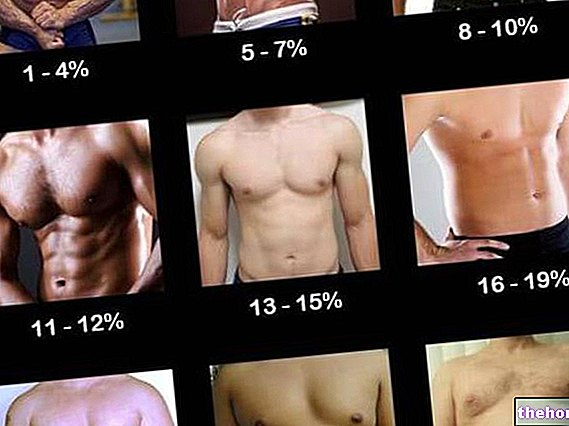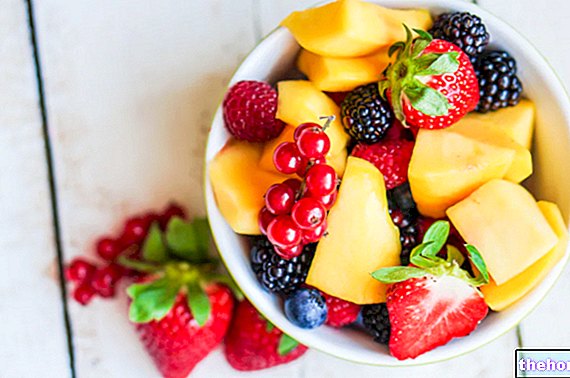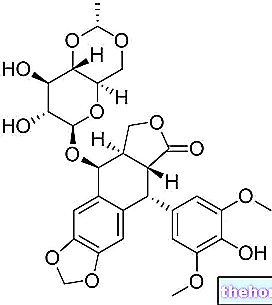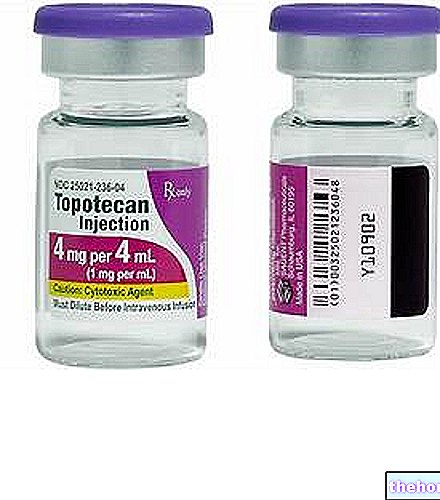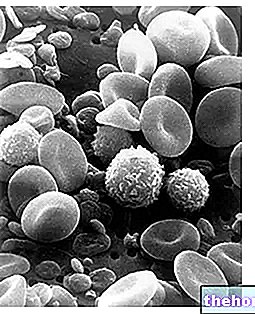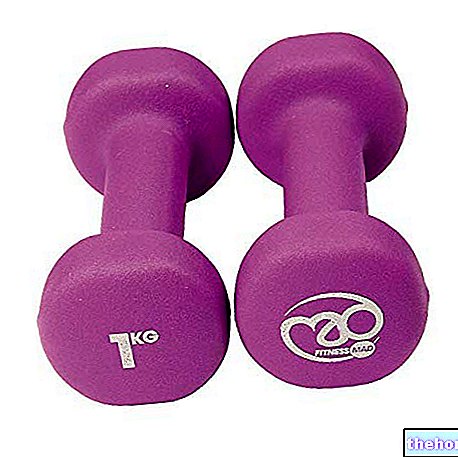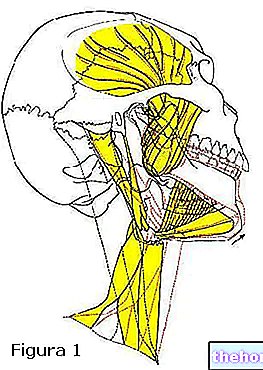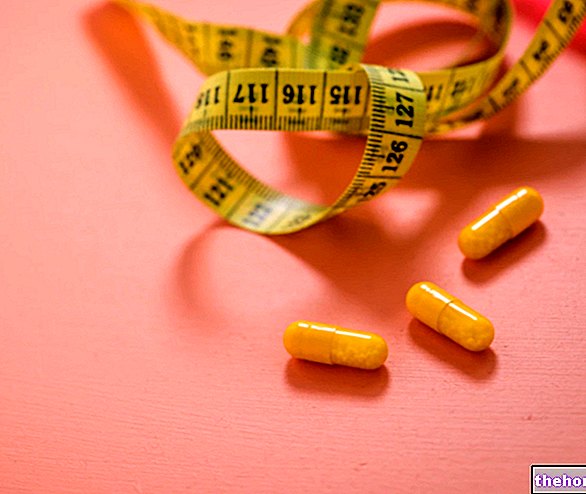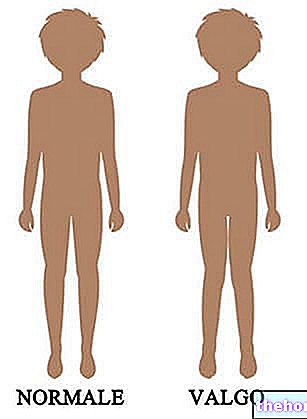Edited by Doctor Di Meo Vincenzo
What is insulin?
Insulin is a hormone produced by the beta cells of the pancreas and has the important function of regulating glucose metabolism in almost all tissues of the human body.
Therefore, understanding how and why the secretion of this hormone is linked to weight loss processes is of fundamental importance, both to optimize our diet and the precious time spent training.
Under normal conditions, the pancreas responds to the increase in the concentration of glucose in the blood, due to the ingestion of a food, through the secretion of insulin, in order to re-establish a situation of equilibrium in the blood. By binding to specific cellular receptors, it favors the entry of glucose into muscle and fat cells, allowing the human body to use it as an energy source and, if in excess, to transform it into lipids (liposynthetic action).
In the course of a prolonged physical activity, on the other hand, a condition of hypoglycemia is created inside the organism, mainly due to the increase in the production of catecholamines (adrenaline and noradrenaline). These two hormones have an important inhibitory effect on the activity of the beta cells of the pancreas (and therefore on the insulin) and allow the fatty acids released by the triglycerides to be mobilized and used as an energy substrate for oxidative processes.
Check your insulin
But is it right to limit the use of carbohydrates to the single dose before and after a hard workout so that a sudden rise in blood sugar does not occur? Is this the only way to obtain that insulin calm so important for our weight loss?
Well no ...
In fact, not all carbohydrates are the same because not all of them have the same glycemic index (GI).
Glycemic index (GI)
The GI, by attributing a value ranging from 0 to 100 to the individual food, provides us with a classification based on the ability that each of them has to vary blood sugar and stimulate insulin secretion.
Therefore, based on this, the right starting step for a correct and healthy diet would be to orient our choices towards all low GI foods.But it is definitely not banning others, the right way to behave. First, because the concept of GI refers to a quantity of product equal to 100 grams.
Glycemic load
The glycemic load, on the other hand, examines, in addition to the relative numerical values of the food, also the quantity of portions. In the case of honey, for example, which is among the foods with the highest GI, it is impossible not to take into account the difficulty in eating 100 grams in one "single meal ...
It would therefore be advisable not to eliminate foods with a high glycemic index from our tables, but simply to limit their quantities. Furthermore, cooking and the combination of different nurients play an important role in the probable variation of the values corresponding to the single food.
In conclusion, it is wrong to give excessive and exclusive importance to the concept of GI, then neglecting the loads, the values after cooking and the right combinations of nutrients.
Eating with intelligence is one of the keys to not making the hours spent in the gym to train useless and useless.
Let's not forget it ...

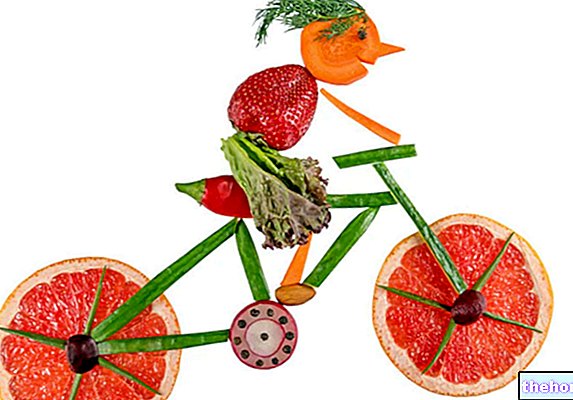


---consigli-e-controindicazioni.jpg)

